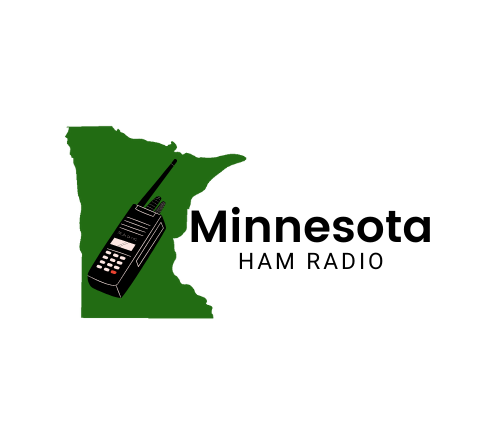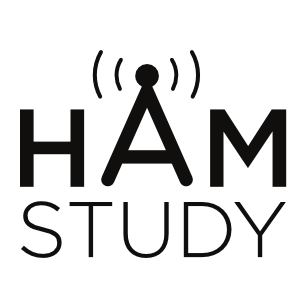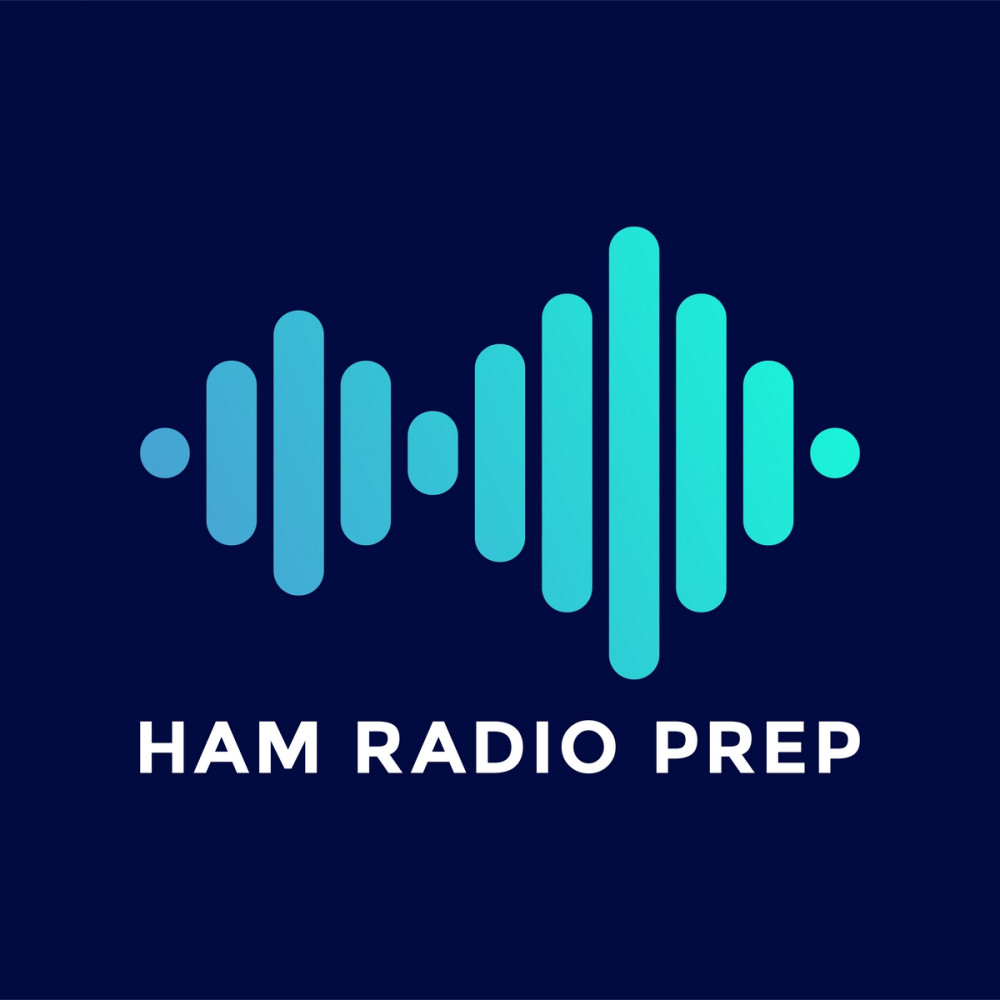Get Your HAm Radio License
We’re Here To Help!
Minnesota Ham Radio was founded for someone like you. We’re dedicated to supporting new ham radio enthusiasts by providing a wealth of resources and guidance tailored to beginners. We know the value of getting you connected to the right information — and we want to help. If you have more questions please consider joining our Discord server to get in-depth help from hundreds of other Minnesota-based ham radio operators.

Different levels of Ham Radio Licenses
Technician
The exam is a 35-question test covering basic FCC regulations, operating practices, and electronics theory. There is no Morse code required.
General
The exam is a 35-question test that covers more in-depth topics on electronics and radio theory. The primary attraction to upgrading your Technician class license is you gain significant High Frequency (HF) radio privileges. There is no Morse code required.
Extra
The exam is a 50-question test that covers more obscure FCC regulations and advanced questions on operating practices and radio equipment design. This license grants you an incremental benefit over the General class but does include all available privileges granted by the FCC. There is no Morse code required.
Resources to help you start studying
We recommend two outstanding study resources for aspiring amateur radio operators: Ham Study and Ham Radio Prep. Ham Radio Prep offers an engaging, easy-to-follow online course designed to simplify the process of learning and passing the licensing exams. Their interactive lessons and practice tests ensure that users retain key information and are well-prepared for exam day. Ham Study, on the other hand, provides a free robust platform with an extensive question pool, flashcards, and practice exams, allowing users to customize their study experience.

HamStudy
HamStudy offers free ham radio flash cards, practice tests, and question pools to help those interested in ham radio study for their exam.

Ham Radio Prep
Ham Radio Prep makes it fast, easy, and fun to get your license in just 10 carefully narrated lessons. Money-back guarantee!
Frequently Asked Questions
Ready to get licensed?
If you’re ready to take your ham radio license exam click below to find an examination session near you.

